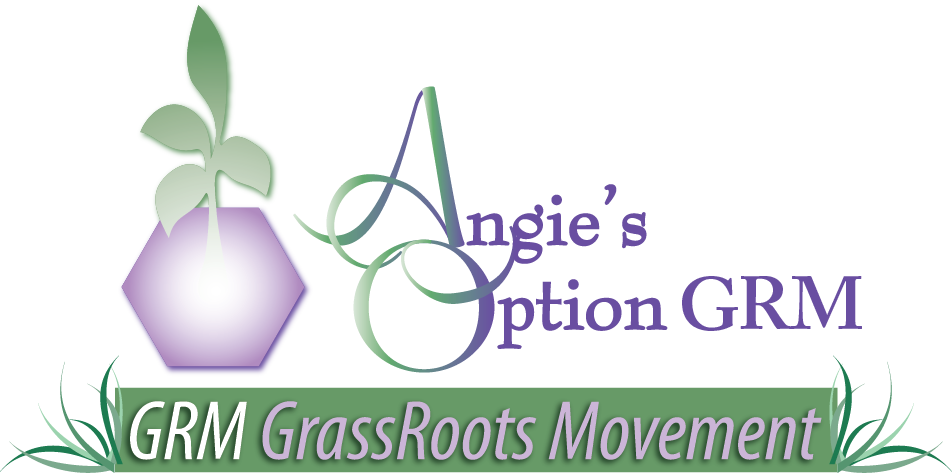Larry A. Law
Is Carrageenan Natural?
Carrageenan is derived from natural sources (seaweed), but its use in food manufacturing alters it. The extraction process alters the chemistry, transforming it into a highly processed, synthetic ingredient. Traditional preparation methods in Asia infuse the seaweed in boiling water or milk, separating the carrageenan from the seaweed. However, food-grade carrageenan is extracted using alkali solutions that separate the carrageenan from the seaweed. These alkaline treatments create chemical changes in the algae that maximize benefits to food manufacturers. None of the most common food-grade carrageenan is created using the natural, safe, traditional preparation methods.
Generally Regarded As Safe (GRAS)
The Food and Drug Administration (FDA) classifies carrageenan as GRAS. But the FDA approved carrageenan in 1961 long before a large body of research showed adverse human health effects. Findings include evidence of carrageenan causing inflammation in animals and, in particular, contributing to ulcerative colitis-like diseases. Inflammation caused by this food additive can be prolonged and constant. Even low-grade prolonged inflammation can be a precursor to more serious disease (cancer). In a 2001 research article, Dr. Joanne Tobacman, a physician-researcher at the University of Illinois stated, "Because of the acknowledged carcinogenic properties of degraded carrageenan in animal models, and the cancer-promoting effects of un-degraded carrageenan in experimental models, the widespread use of carrageenan in the Western diet should be reconsidered." Unfortunately, her concerns were rejected by the FDA in 2006.
Things to Know About Carrageenan
Carrageenan is not banned in the United States. The FDA has taken the word of industry-sponsored 'scientists' rather than public researchers. Carrageenan is allowed in organic food. It was first approved in organic processed products in the 1990s because it had been used (grandfathered) in conventional food for decades. In addition, when used as a processing aid or is included in ingredients used in the final product (e.g., when carrageenan is in the cream used to make ice cream), carrageenan does not have to be listed on the ingredient panel. The National Organic Standards Board (NOSB) recommended removing carrageenan from the list of allowed substances in 2016, but that has never happened. Because it is often an invisible ingredient, it is very difficult to identify carrageenan in your food. The best help to ferreting out whether carrageenan is in the products you buy is the Buyer's Guide from Cornucopia.
4 Comments
Kristen
4/30/2024 12:05:51 pm
Is Agar Agar (a seaweed product) considered to be a carrageenan?
Reply
Larry Law
4/30/2024 08:52:19 pm
Good question Kristen. They are similar but not the same. Carrageenan is derived from red seaweed, while agar is derived from red algae. Both carrageenan and agar can be used as gelling agents. Carrageenan is most commonly used as a thickener and stabilizer, while agar is primarily used as a gelling agent.
Reply
Stacy M
5/2/2024 01:47:20 pm
So how are we supposed to avoid this?! No one carries that list with them every time they shop!? I understand all the information you provide but man... I don't even know how to live?! When you live in an apartment or a property with minimal land you have no way to grow or produce your own food! It's overwhelming, maddening and saddening!
Reply
Larry Law
5/2/2024 07:44:29 pm
I hear you Stacy! It can be difficult since our food has been altered in so many ways. I would simply focus on eating real, whole food as much as possible. If the ingredient list has lots of chemical sounding names indicating it is highly processed, don't eat it. Have a goal to eat food with a minimum of ingredients (one, maybe two, ingredients is the best!). You can't be perfect, but every little change will pay off huge health dividends. In time, it will become second nature. Best wishes on your wellness journey!
Reply
Leave a Reply. |
BlogArchives
July 2024
Categories
All
|
© Angie's Option GRM. All rights reserved.








 RSS Feed
RSS Feed

